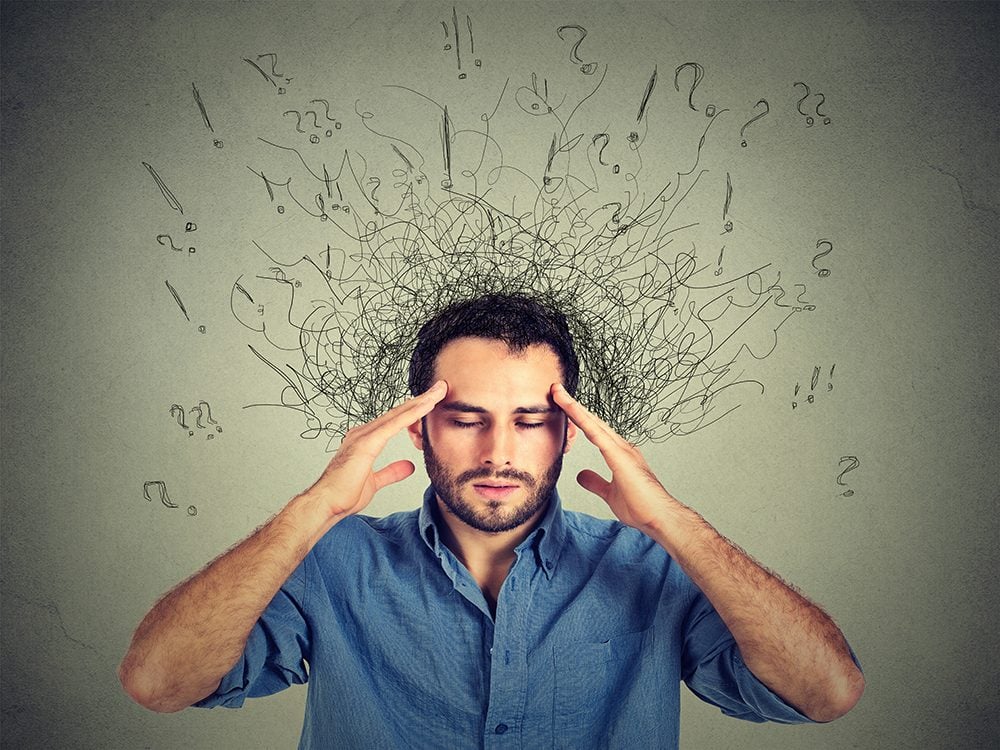
1. Anxiety Does Not Define a Person
This nugget of truth is perhaps one of the hardest things to explain to people who don’t suffer from anxiety. Contrary to what some people may think, an anxious person is so much more than their mental state. The truth of the matter is that anxiety is not something that defines a person; it’s a mental health disorder and ought to be treated as such.
For mild anxiety symptoms, here are 10 home remedies for natural relief.

2. The Effects of Anxiety Can Be Physical
Let’s be clear: Even though anxiety is a mental health disorder, it’s not just something that affects your mind. Anxious feelings can manifest physically—sometimes severely. For example, someone suffering from anxiety may get uncontrollable panic attacks, headaches, dizziness, and an irregular heartbeat.
You can reduce feelings of anxiety with just three simple lifestyle changes.
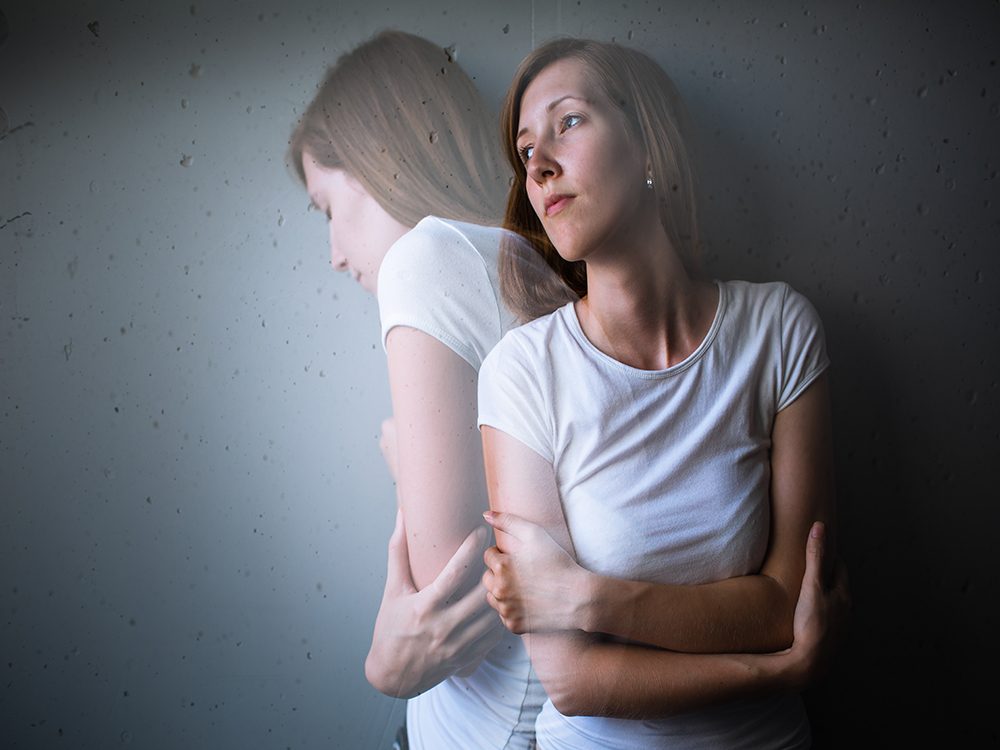
3. Millions of Adults Suffer from Anxiety in Canada
If you think that anxiety only affects a few people in Canada, think again. Five per cent of the Canadian household population suffers from anxiety, according to the Canadian Mental Health Association. Since there still tends to be a stigma associated with the condition, it can be harrowing to admit that you’re a sufferer.
This is the mental illness nicer people are more likely to develop.
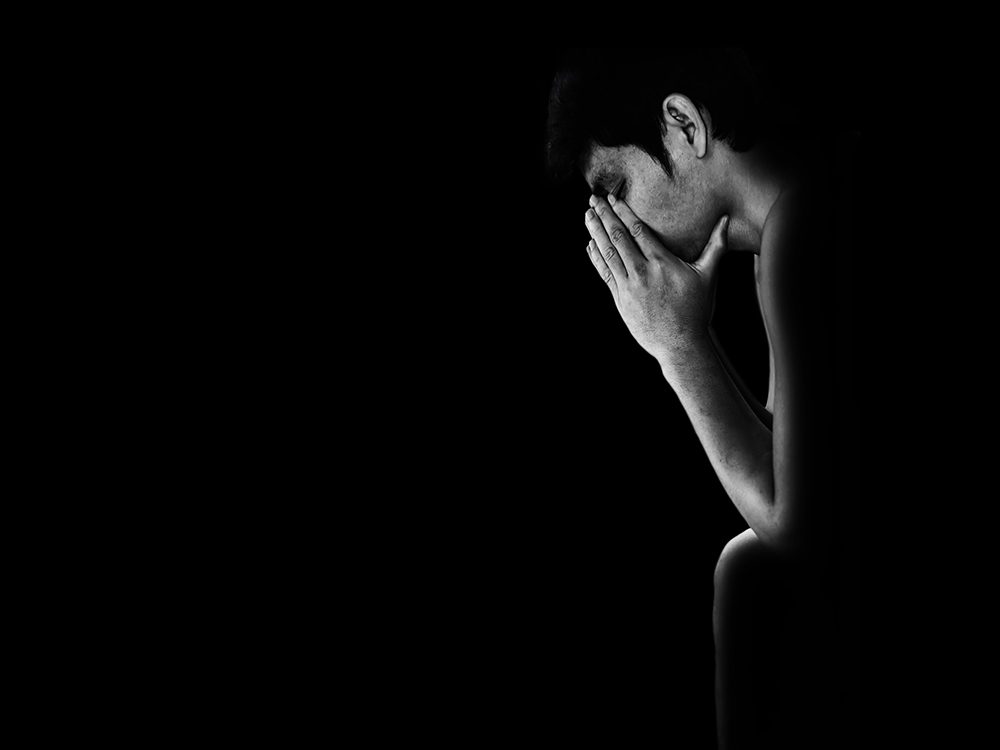
4. In Fact, It’s the Most Common Mental Illness in Canada
Many people believe that depression is the most common mental illness in this country. Not so. Five per cent of the household population suffers from anxiety, which translates to more than 1.8 million people. That means there are more people suffering from this illness than any other mental problem in Canada.
This is Kate Middleton’s message for anyone struggling with mental illness.

5. Just Because a Fear is Irrational, Doesn’t Mean It’s Not Real
Much of the time, what people worry about when they are suffering is something entirely irrational. Just because there is technically ‘no need’ to stress about a certain thing, that doesn’t make the fear any less real. There’s nothing more frustrating than being in the midst of a crippling panic, and someone explaining to you how very ludicrous your fears are. Shockingly, this tidbit of information does not help at all; if anything, it hinders.
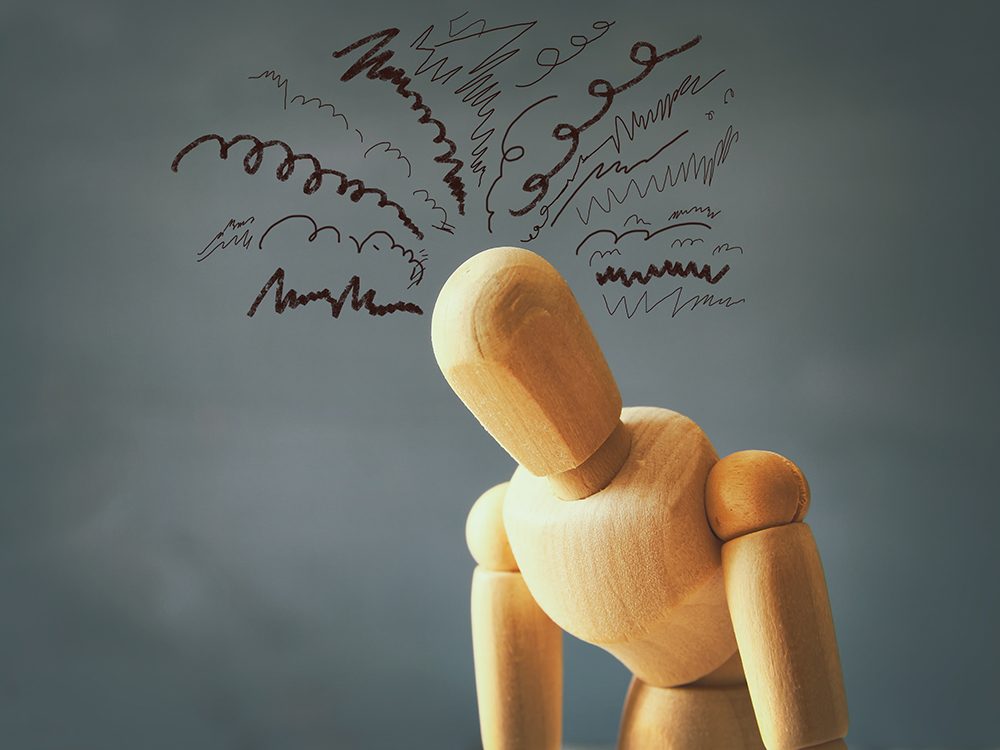
6. Panic Attacks Are Completely Overwhelming
While we’re on the subject of panic attacks, let’s talk about how they actually feel. Of course, everyone experiences these episodes in different ways, but there are some symptoms that every sufferer will recognize all too clearly. The surge of awful dread and fear comes over you out of nowhere. Suddenly, you’re completely gripped by the sense that all is not well; something truly terrible is about to happen. You can barely breathe, you feel hot, your heart rate quickens, and you want to leave the place that you are in. It physically hurts and you feel you have no control. And this barely scratches the surface of what it feels like to have anxiety.
Check out these 37 stress management tips from the experts.
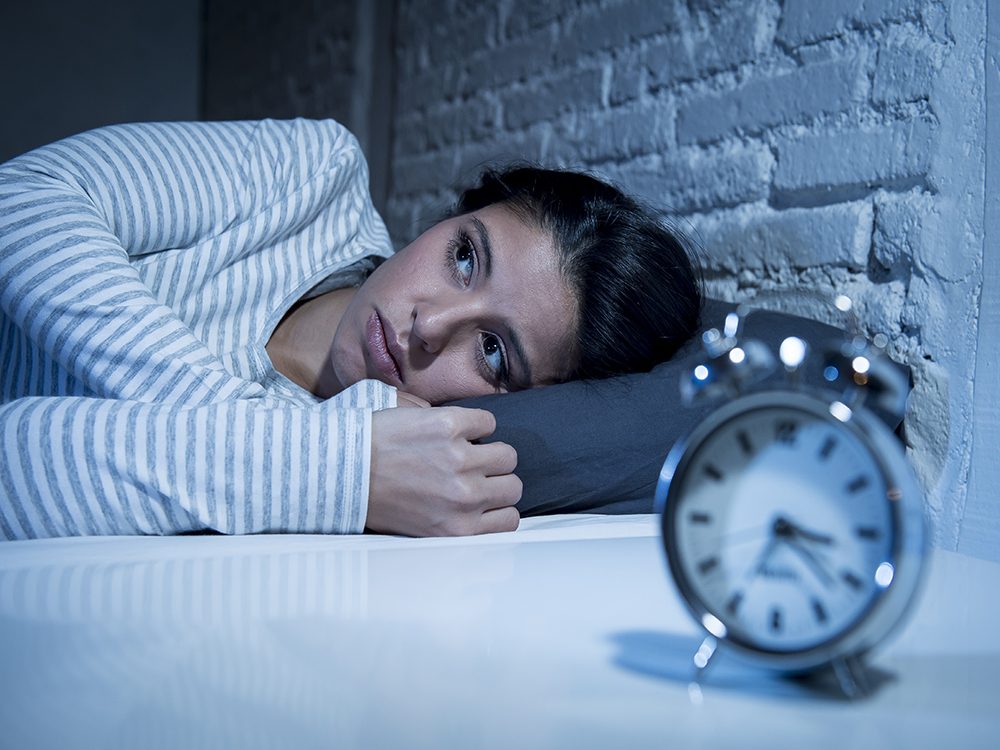
7. If You Have Anxiety, You May Also Have Depression
Here’s the kicker: Many people who suffer from anxiety are also likely to suffer from depression. Scientists have found a biological link between the two mental illnesses, according to a study by the University of Western Ontario. That means that people currently living with anxiety may also have undiagnosed depression as well.
These 26 quotes perfectly capture the experience of living with depression.
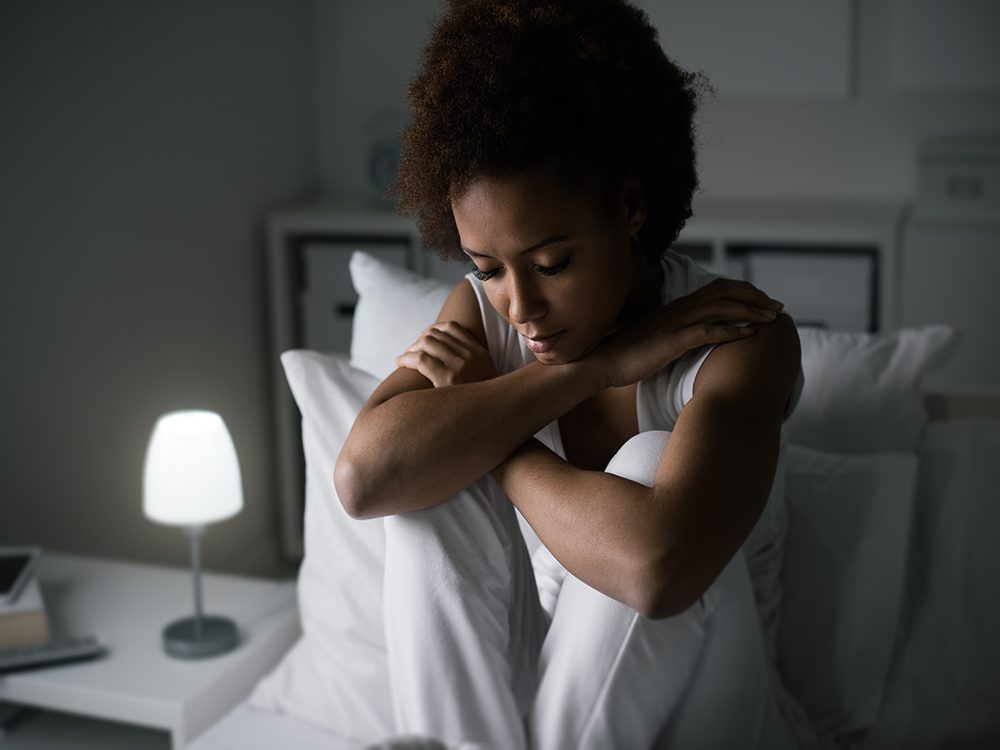
8. The Most Common Time for Anxiety Attacks is 9 p.m.
Here’s a bizarre little fact, which perfectly illustrates how anxiety is biological rather than merely mental. The most common time that teens, in particular, report suffering from anxiety is at 9 p.m. That is according to a report from the Crisis Text Line. The information is based on how many texts the line gets throughout the day. Of course, there could be many reasons why people suffer the most at this time, but one explanation is that this is when certain chemicals are inactive in the brain.
These are the signs of serotonin syndrome you need to be aware of.
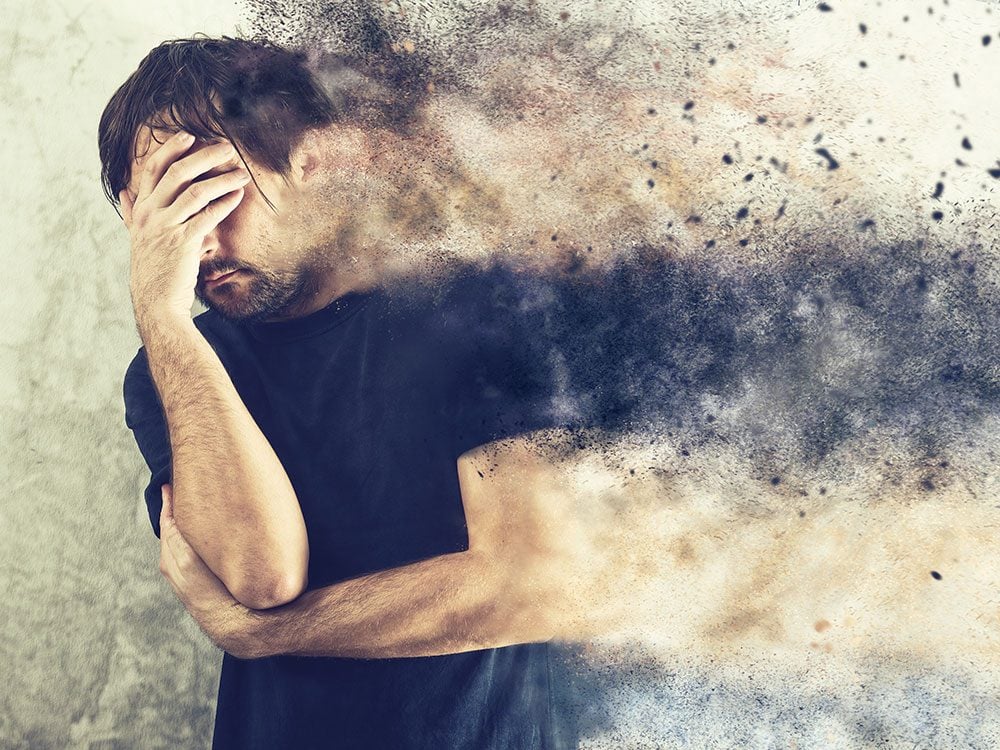
9. No, You Can’t Just “Get Over It”
As an anxiety sufferer, one of the most infuriating things you can hear is that you ought to simply ‘get over’ your illness. The challenging thing about living with anxiety is the fact that many people refuse to acknowledge it as a legitimate illness.
Find out the seven things you should never say at a funeral.
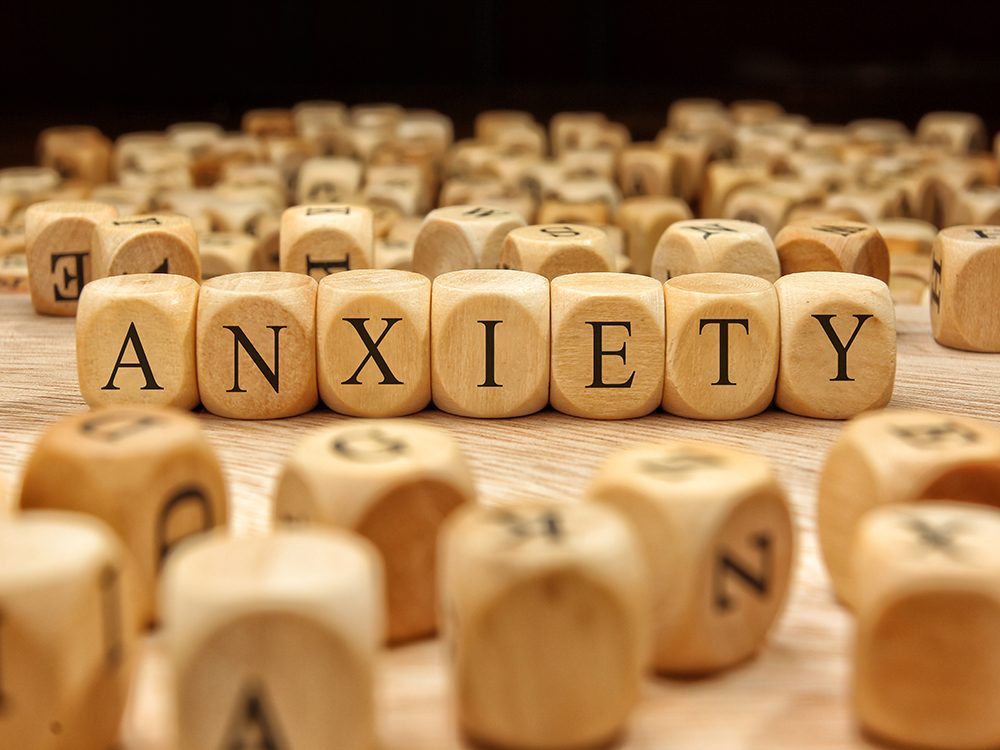
10. Attacks Can Come Out of the Blue
Many sufferers have so-called anxiety triggers, which often come before the onset of an attack. That’s not to say that panic attacks have neither rhyme nor reason, though. In reality, attacks can come from nowhere; it’s simply not possible to predict when or how they will raise their heads. In a sense, that’s what makes suffering from this illness so difficult.

11. Not Everyone with Anxiety Gets Treatment
The number of people getting regular treatment for their anxiety is shockingly low when you consider the fact that it’s the most common mental illness in the Canada. In reality, nearly half of those who suffer only from generalized anxiety disorder don’t seek treatment, according to one study. The sad truth, then, is that nearly half of sufferers are living under the shadow of this illness alone. If you suspect you’re suffering from anxiety, it’s crucial that you see a medical professional.
Check out the best tricks for fighting seasonal affective disorder.

12. It’s Not Just a State of Mind
The greatest and most problematic misconception about anxiety is that it’s merely a state of mind; something that the sufferer can somehow control if they really wanted to. That idea is damaging simply because it places the blame of the illness on the shoulders of the sufferer. Instead, anxiety is something that you can learn to manage, but never fully control on your own.
Here are 14 simple ways to turn a bad mood around.

13. There Are Ways of Managing It
That being said, there are a few ways that you can manage anxiety. If you know what it feels like to have anxiety already, it’s essential that you get the help you need. Each individual needs a different level of care, and your doctor will be able to help you determine the best course of action. People should not have to carry on living with anxiety without the help and support they deserve.
Here’s how to know whether or not your brain hiccups should be discussed with a doctor.
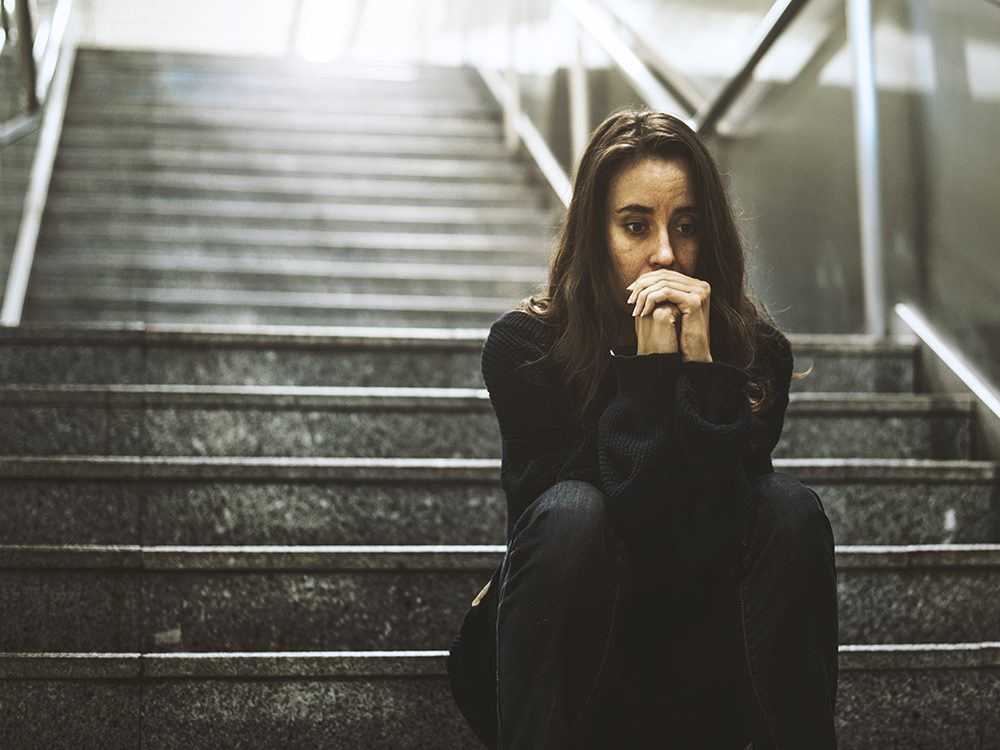
14. Sometimes, It’s the Stigma That Hurts the Most
The stigma of struggling with mental health issues is often what hurts and hinders the recovery process the most. There are many people out there who genuinely feel powerless over their illness since they don’t want to actually admit they’re a sufferer. It shouldn’t be that way, and it doesn’t have to be. As the solution so often is, the answer is education.
Olympian Clara Hughes has some powerful words about struggling with mental illness.